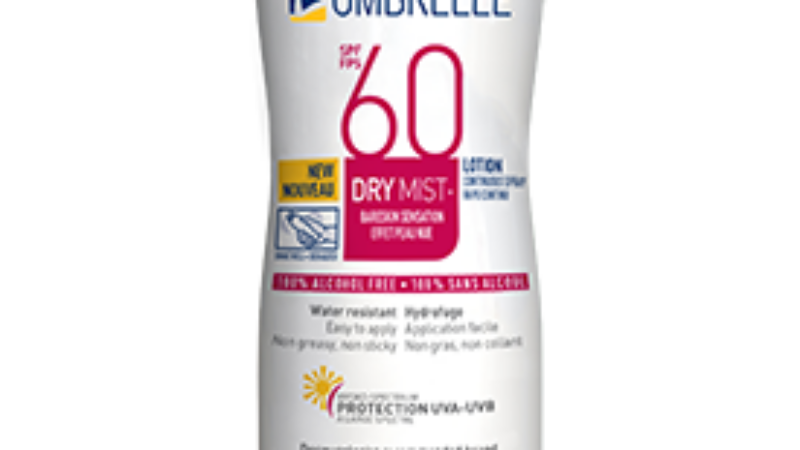Countless studies have shown that our bodies require fats to stay healthy and repair itself when damaged. Since many of the fats (known as essential fatty acids or EFAs) cannot be manufactured by our bodies, they must come from our diet. EFAs are essential for healthy cell membranes, which not only act as a barrier to harmful things but also serve as passageways for nutrients and waste products to cross in and out of the cell. EFAs also help keep cell walls smooth and supple and prevent water loss from skin. If your diet doesn’t include adequate amounts of EFAs, your skin may become dry, rough and lacking in elasticity. It may also increase its susceptibility to premature ageing.
Here is what EFAs do for skin:
- Normalize Lipids (Oil). The skin’s top layer (stratum corneum) is made up of layers of cells bound by both lipids (oil) and water (bilayers). A lack of oil leads to dull, coarse and inflexible skin. In severe cases, this may lead to eczema and dermatitis, along with scaling and cracking
- Prevents Dryness. Lipids act as a barrier to lock in moisture. Applied topically, it’s thought that EFAs may be metabolized by the skin and the resulting free fatty acids incorporated into the lipids making up the barrier, decreasing the evaporation of water from the skin.
- Balances the Acid Mantle. The acid mantle component of skin contains a high concentration of free fatty acids, which is the first major deterrent for the penetration of unwanted compounds and irritants.
- Necessary for Ceramide Functioning. Ceramides make up a majority of the stratum corneum lipids and are very important in keeping water in the skin. Thee essential fatty acid linoleic acid has been found to be linked to the formation of ceramides.
EFAs tend to be used by the body to support the vital organs as a priority, with the skin receiving what is left over. For this reason you must consume them in sufficient quantities for healthy skin. You can incorporate more Essential Fatty Acids into your diet by consuming vegetables, nuts, seeds and cold water fish. The most important two are omega 6 and omega 3. Omega 6 fatty acids come from seeds and their oils; omega 3 fatty acids are found in nuts, seeds and fish. A conventional diet tends to have sufficient omega 6, but often lacks in omega 3. To ensure you’re getting enough, try to increase your consumption of fish or add in a good fish oil supplement.
Beyond EFAs, other healthy fats include those come from foods such as olives and coconuts. Look for those that are minimally processed, which helps to retain the nutrient content. One thing to keep in mind: All fats, even healthy ones, are high in calories. A little goes a long way.
How do you incorporate healthy fats into your diet?



